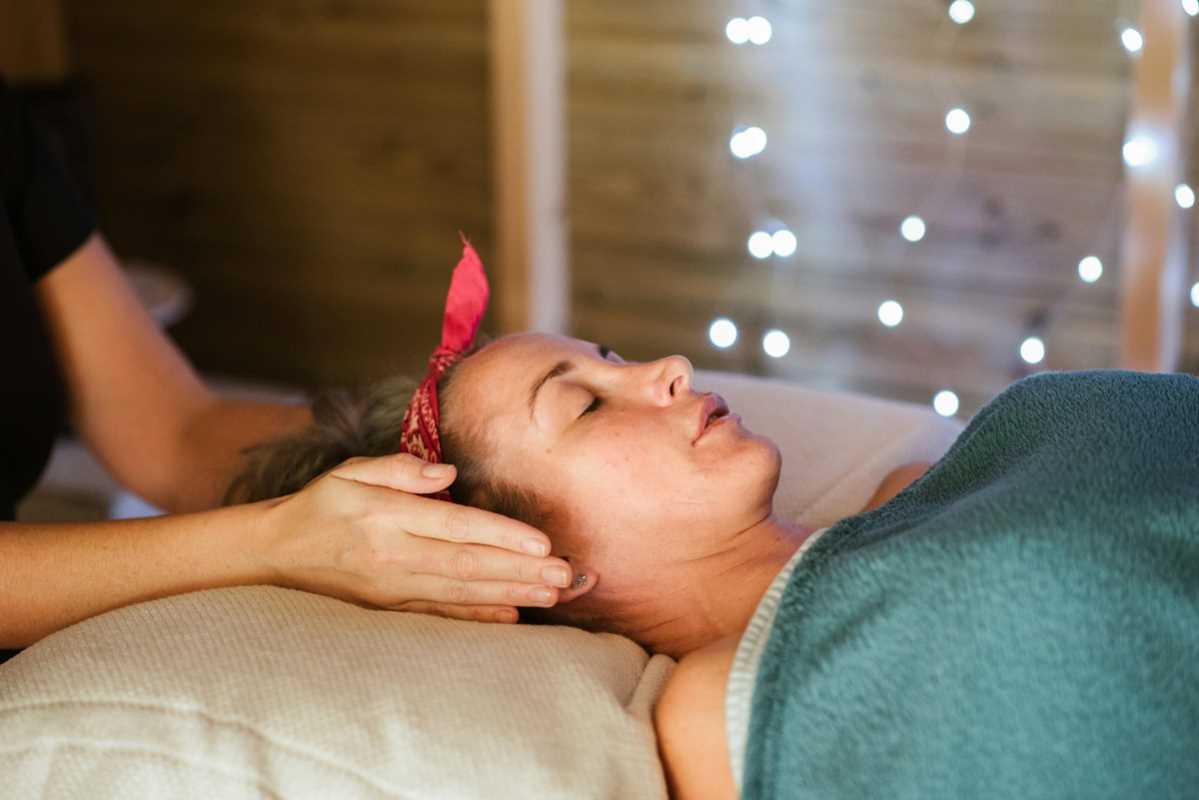Getting a good night’s sleep is essential for overall health and well-being. Yet, for many people, sleep can be elusive, leaving them feeling fatigued and unproductive the next day. While medication can sometimes be necessary for addressing sleep issues, there are several natural and effective strategies you can adopt to improve your sleep quality without relying on drugs. From creating the right sleep environment to developing healthy habits, here are some tips for better sleep without medication.
1. Establish a Consistent Sleep Schedule
One of the most important factors in getting better sleep is maintaining a regular sleep schedule. Going to bed and waking up at the same time every day helps regulate your body’s internal clock, or circadian rhythm. When your body is accustomed to a consistent routine, it becomes easier to fall asleep and wake up naturally.
Try to stick to your schedule even on weekends, when the temptation to sleep in can be strong. This consistency reinforces your sleep-wake cycle and can lead to better overall sleep quality. If you need to make adjustments, do so gradually by shifting your bedtime or wake time by 15-30 minutes at a time.
2. Create a Relaxing Bedtime Routine
A calming pre-sleep routine can signal to your body that it’s time to wind down. By engaging in relaxing activities before bed, you can reduce stress and anxiety, both of which can interfere with sleep. Some ideas for your bedtime routine include:
- Reading a book
- Listening to soft music or a podcast
- Taking a warm bath or shower
- Practicing deep breathing exercises or meditation
Avoid stimulating activities like watching TV, using your phone, or working on your computer right before bed. The blue light emitted by screens can suppress melatonin, the hormone responsible for regulating sleep, making it harder to fall asleep.
3. Optimize Your Sleep Environment
Creating a sleep-friendly environment can make a huge difference in the quality of your rest. Consider the following tips to optimize your bedroom for better sleep:
- Keep the room cool: A cooler temperature, typically between 60-67°F (15-19°C), is ideal for sleep, as it helps lower your body’s core temperature, which promotes drowsiness.
- Block out noise: Use earplugs, a white noise machine, or a fan to mask disruptive sounds that can wake you up in the middle of the night.
- Limit light exposure: Make sure your room is as dark as possible by using blackout curtains, an eye mask, or turning off electronics that emit light.
- Invest in a comfortable mattress and pillows: Your bed should provide the right support for your body. If your mattress is old or uncomfortable, consider upgrading it to one that meets your specific needs for comfort and support.
4. Watch What You Eat and Drink
What you consume during the day—and especially before bed—can significantly impact your sleep. To improve your sleep quality, consider the following dietary tips:
- Avoid large meals late at night: Eating a heavy meal right before bed can cause discomfort, indigestion, and acid reflux, making it harder to fall asleep. Try to finish eating at least two to three hours before bedtime.
- Limit caffeine and nicotine: Both caffeine and nicotine are stimulants that can interfere with your ability to fall asleep. Avoid consuming caffeinated beverages like coffee, tea, or soda in the afternoon and evening. Similarly, avoid smoking close to bedtime.
- Cut back on alcohol: While alcohol may make you feel drowsy initially, it can disrupt your sleep cycle later in the night, leading to poor-quality rest. Limit alcohol consumption, especially in the hours leading up to bedtime.
5. Stay Physically Active
Regular physical activity can help improve sleep by reducing stress, boosting mood, and promoting relaxation. Engaging in aerobic exercises like walking, jogging, or swimming can help you fall asleep faster and enjoy deeper sleep.
However, be mindful of the timing of your workouts. Exercising too close to bedtime can have the opposite effect by raising your heart rate and energizing your body, making it difficult to unwind. Aim to finish your workouts at least three to four hours before bedtime to give your body time to cool down.
6. Manage Stress and Anxiety
Stress and anxiety are common culprits behind poor sleep. If your mind is racing with worry or stress, it can be hard to relax enough to fall asleep. Managing stress throughout the day and employing relaxation techniques before bed can help you sleep better.
- Practice mindfulness meditation: Focus on your breath and bring awareness to the present moment. Mindfulness meditation has been shown to reduce stress and improve sleep quality.
- Write it down: If your mind is filled with worries, try jotting down your thoughts in a journal before bed. This can help offload anxious thoughts and provide mental clarity.
- Use progressive muscle relaxation: This technique involves tensing and relaxing different muscle groups in your body to release tension and promote relaxation.
7. Limit Naps
While napping can be beneficial, especially if you're sleep-deprived, long or late naps can interfere with your nighttime sleep. If you feel the need to nap, aim for a short 20-30 minute nap in the early afternoon. This can provide a quick energy boost without negatively impacting your ability to fall asleep at night.
8. Get Plenty of Natural Light
Exposure to natural light during the day helps regulate your circadian rhythm, which in turn promotes better sleep at night. Try to spend time outdoors in the morning or early afternoon to get the benefits of natural sunlight. If you spend most of your time indoors, open your curtains and let the natural light in. You can also consider using a light therapy box if you live in a region with limited sunlight.
Final Thoughts
Improving your sleep without medication is possible with a few lifestyle adjustments and the establishment of healthy sleep habits. By maintaining a consistent sleep schedule, creating a relaxing bedtime routine, optimizing your sleep environment, and managing stress, you can enhance the quality of your rest naturally. Remember, good sleep hygiene is a practice that may take time to develop, but with persistence, you can enjoy deeper, more restorative sleep, leading to improved health and overall well-being.
4o







